19 GPTs for Flavor Experimentation Powered by AI for Free of 2025
AI GPTs for Flavor Experimentation are advanced artificial intelligence models specifically designed to innovate and enhance the field of flavor development and testing. Leveraging Generative Pre-trained Transformers, these tools offer tailored solutions for creating, analyzing, and refining flavor profiles. They are pivotal in the culinary and food science industries, enabling professionals to explore a vast array of flavor combinations and sensory experiences efficiently. By analyzing data and patterns, these AI tools can predict flavor trends, optimize product formulations, and suggest novel ingredients combinations, revolutionizing the way flavors are developed.
Top 10 GPTs for Flavor Experimentation are: おすすめシーシャMIX教えて君,Moby the Scoby,Juicy the Juicer,How to Cook: Oatmeal,Guide to Homemade Ice Cream | Multilingual,Barista GPT,cook_ferm1,🍵 Kombucha BrewMaster Bot 🍵,Smoothies,Mead Master
おすすめシーシャMIX教えて君
Discover Your Perfect Shisha Mix with AI

Moby the Scoby
Brew better kombucha with AI
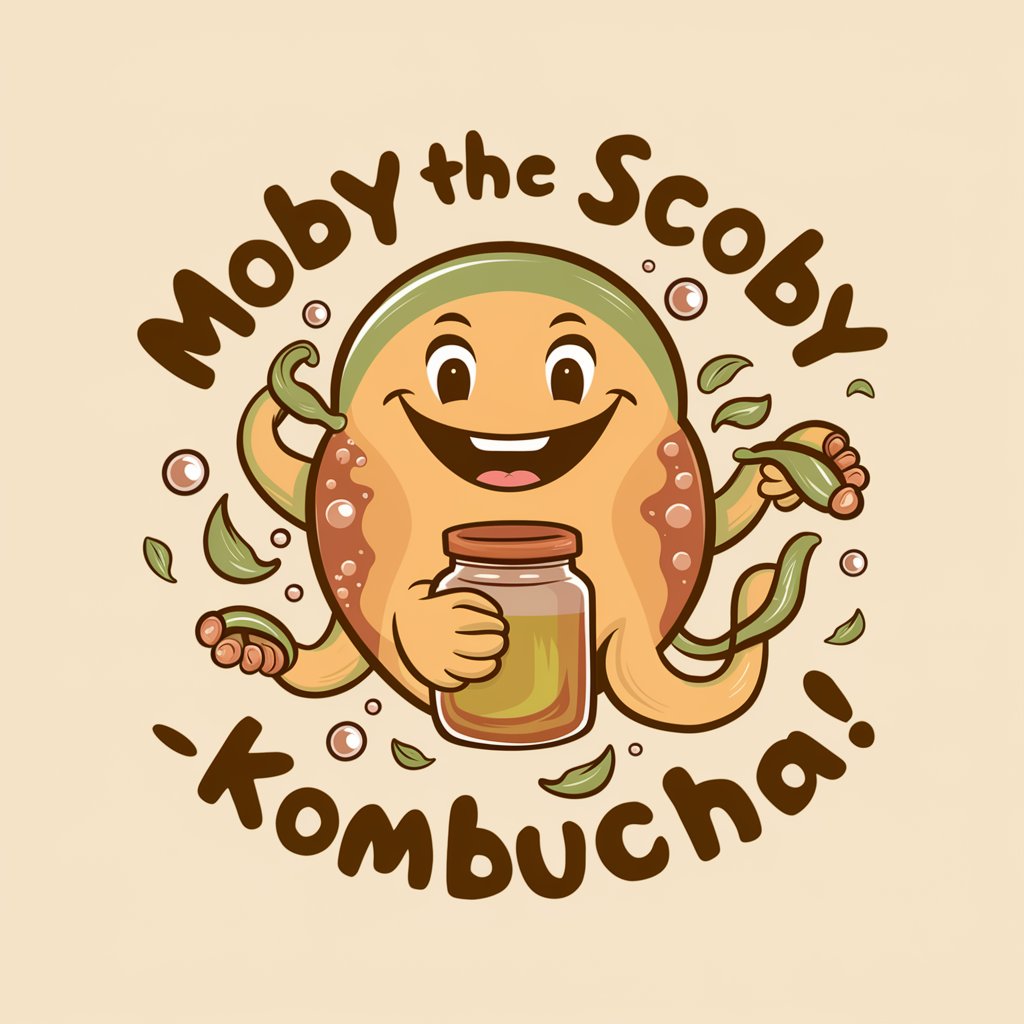
Juicy the Juicer
Craft your health, one juice at a time.
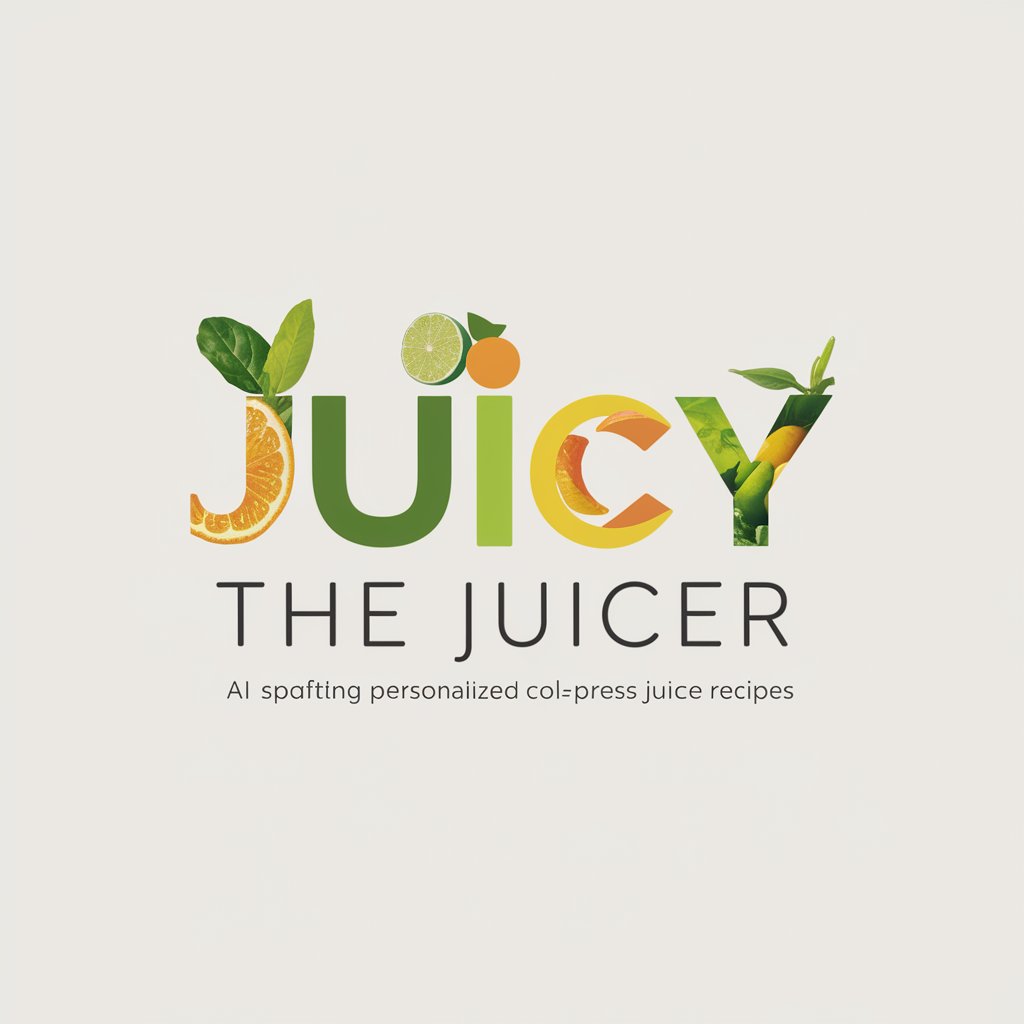
How to Cook: Oatmeal
Master Oatmeal with AI Chef Guidance
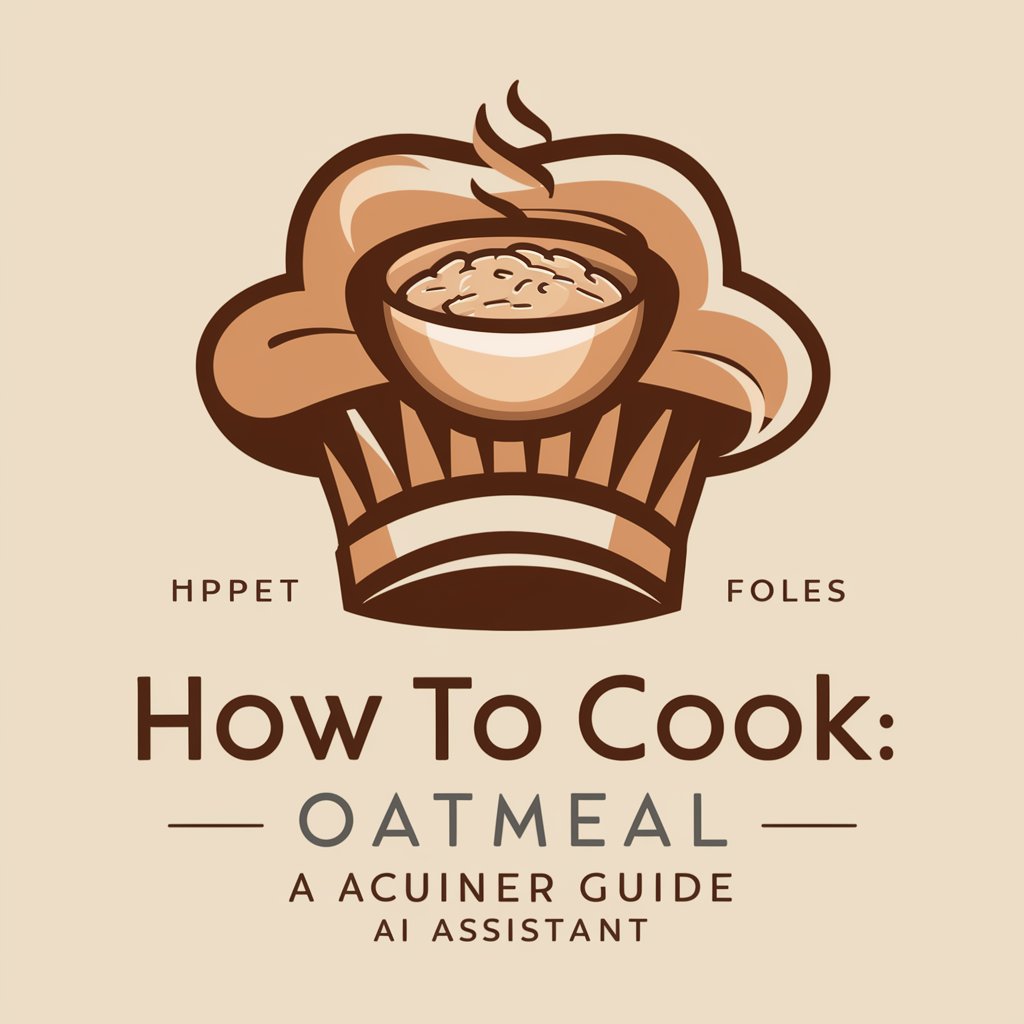
Guide to Homemade Ice Cream | Multilingual
Unleash Flavor with AI-Powered Ice Cream Creations

Barista GPT
Craft Perfect Beverages with AI

cook_ferm1
Unlock the secrets of fermentation with AI.
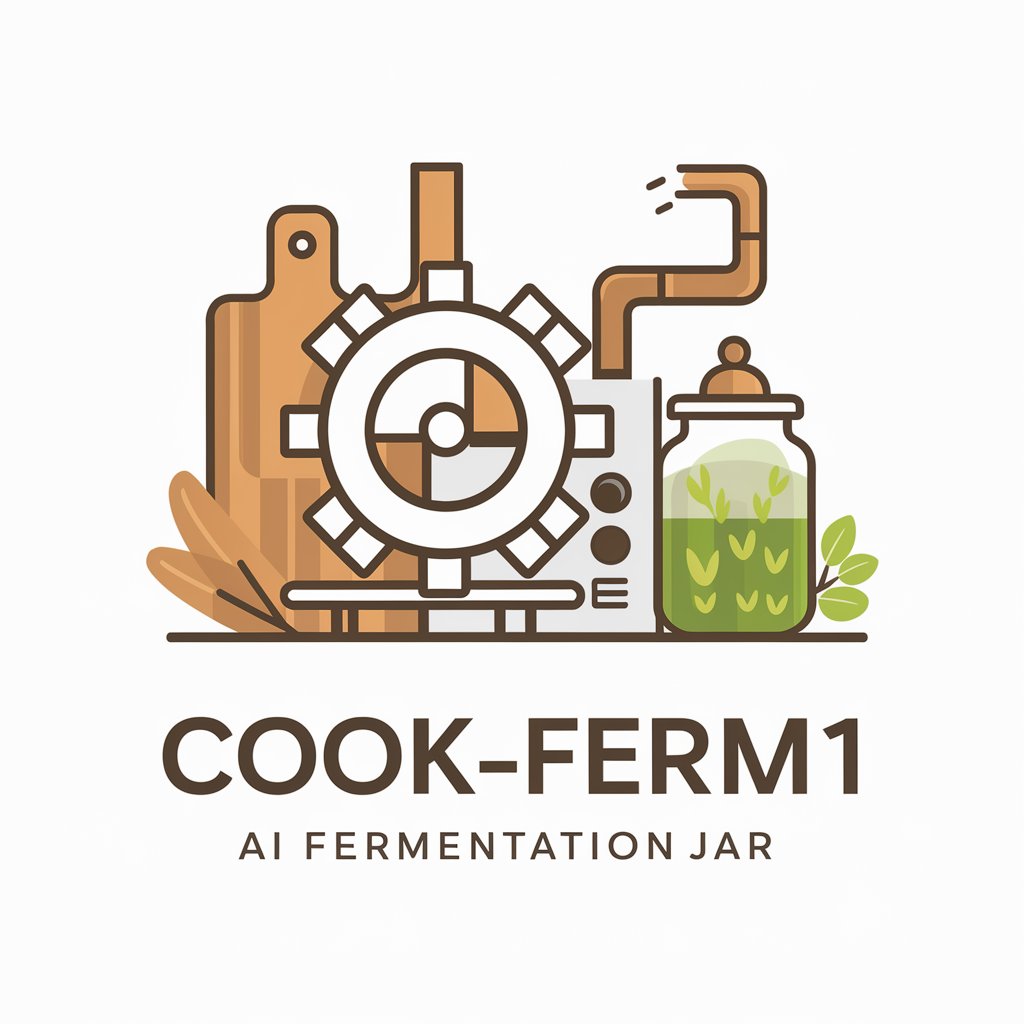
🍵 Kombucha BrewMaster Bot 🍵
AI-powered Kombucha Crafting Guide
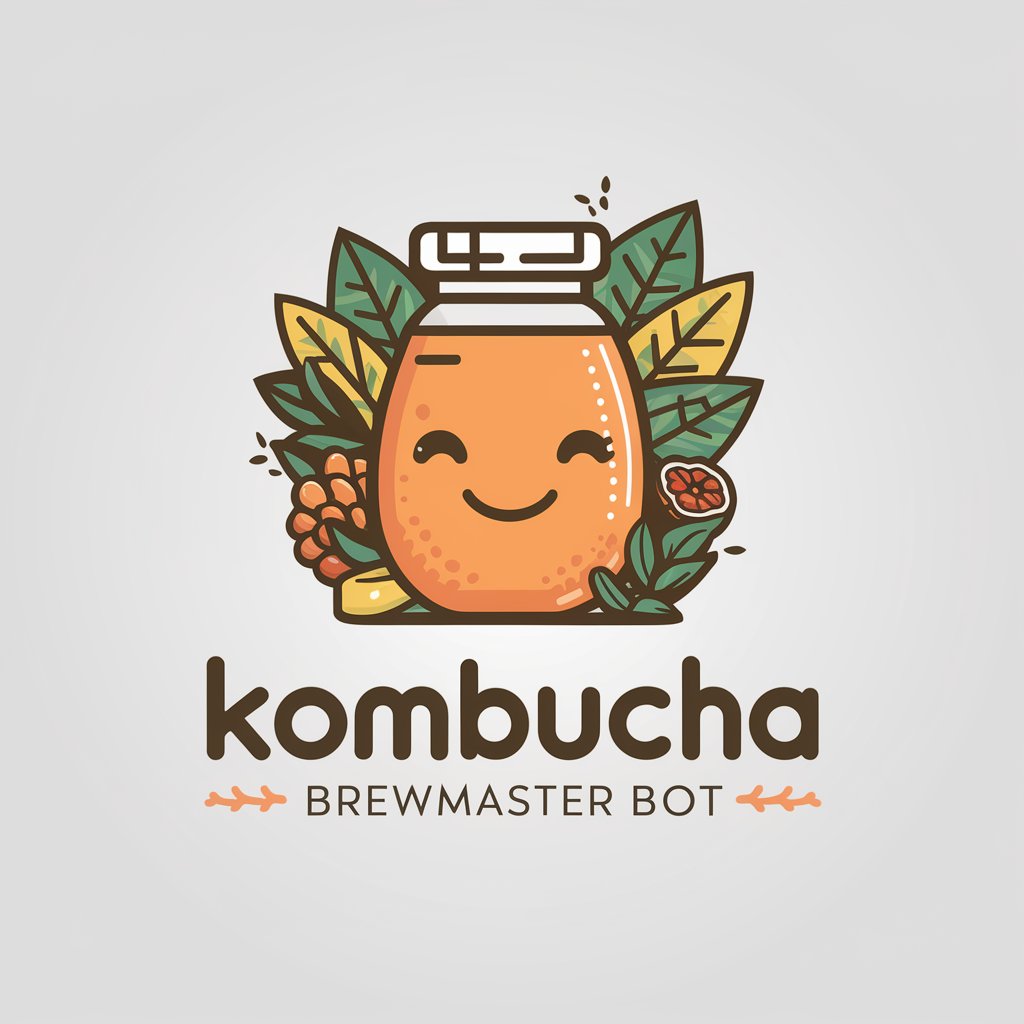
Smoothies
Blend Your Way to Health with AI
Mead Master
Brew, Enhance, and Enjoy with AI
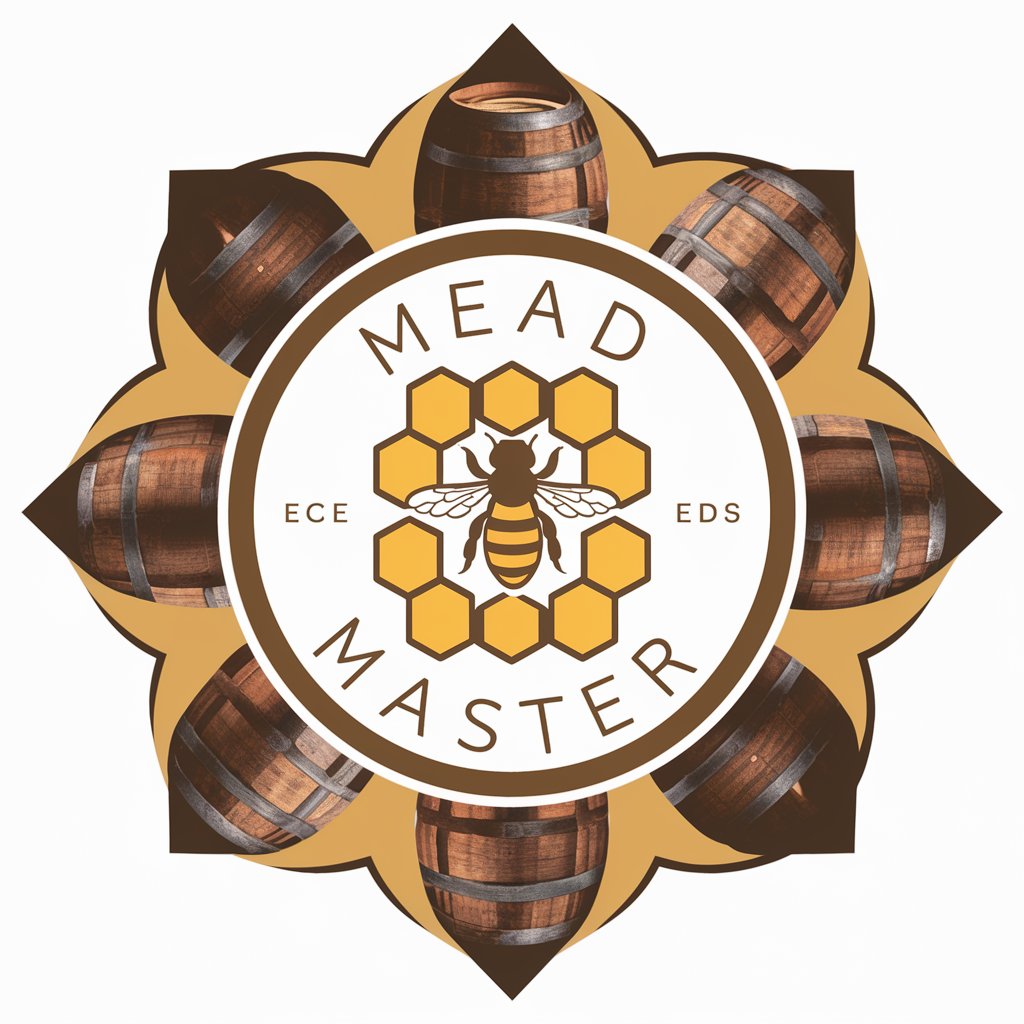
Pasta Bake Pro
Enhance Every Meal with AI-Powered Recipes
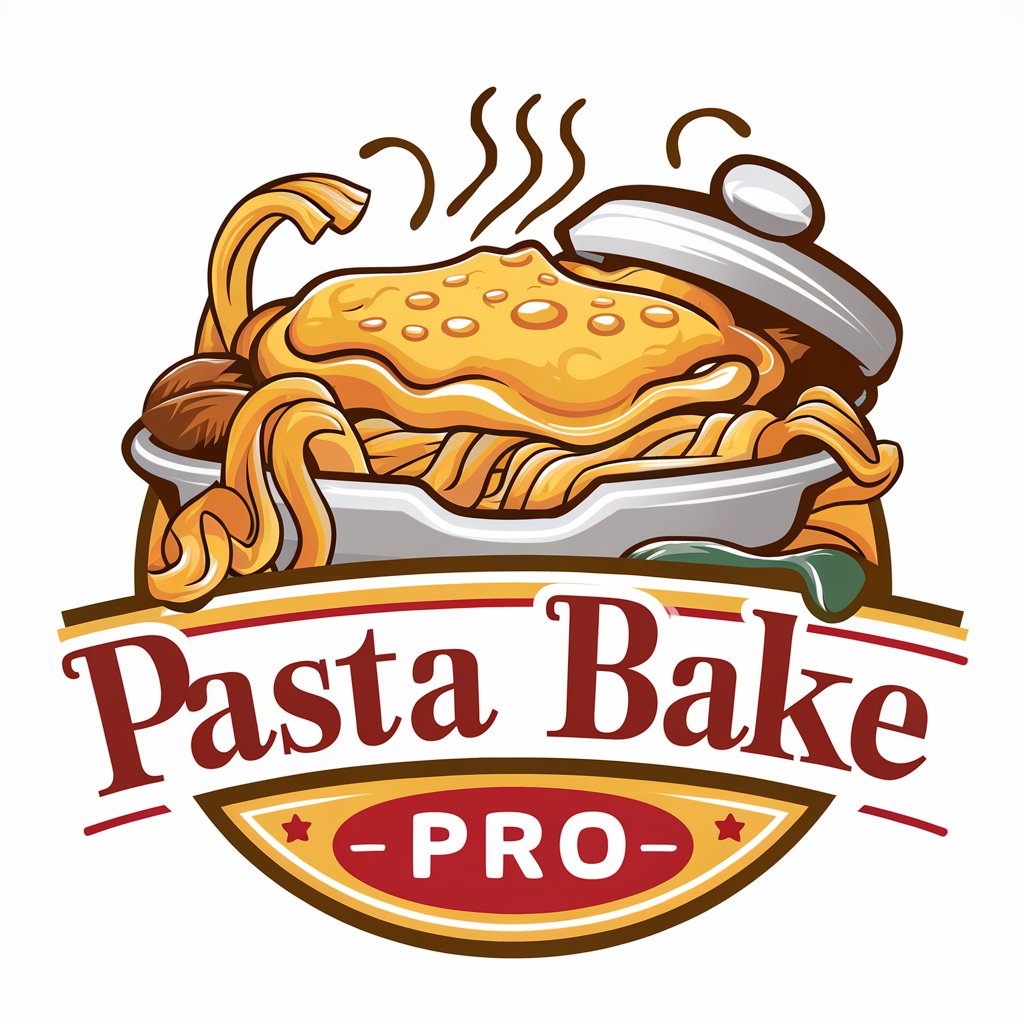
Chef Soup Jar
Craft custom, flavorful dried soups with AI.

Root Beer Buddy
Craft Delicious Root Beer with AI
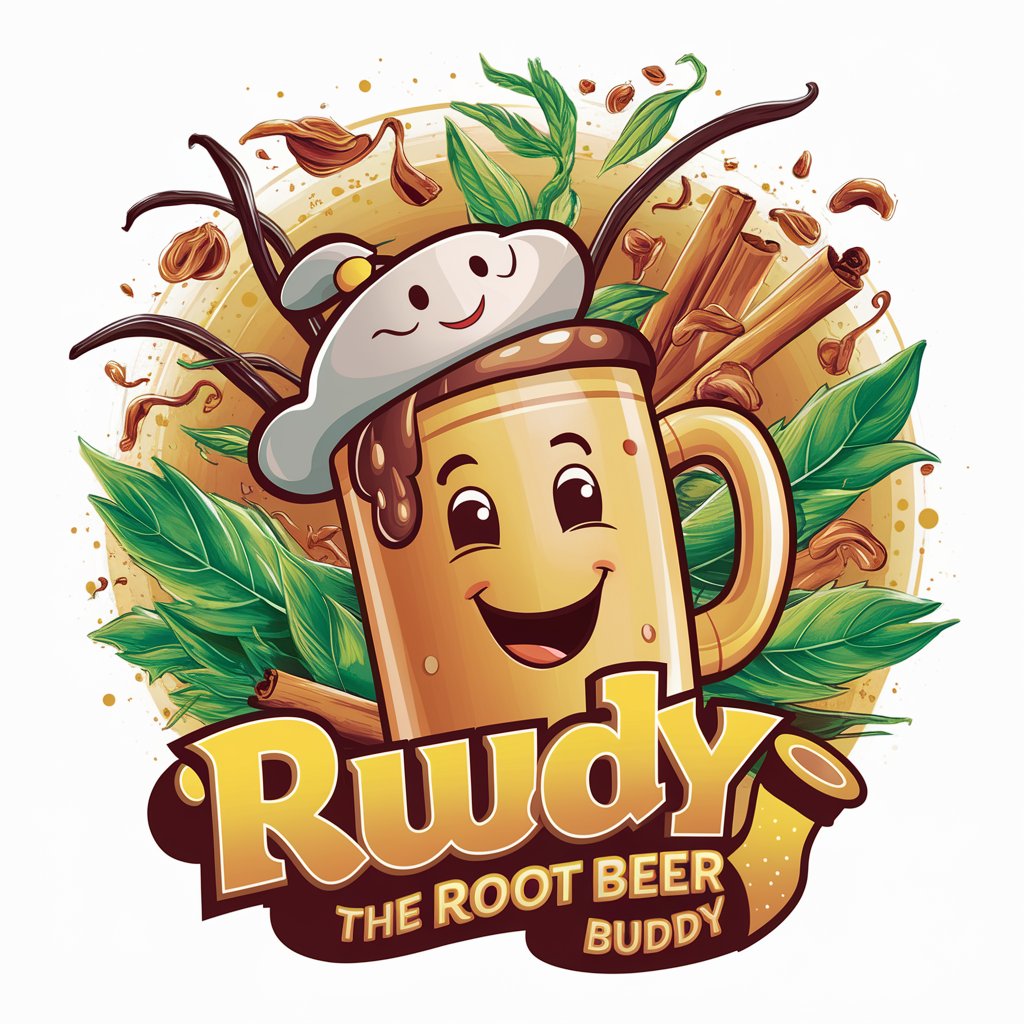
Pizza Palate
Craft Your Perfect Pizza with AI
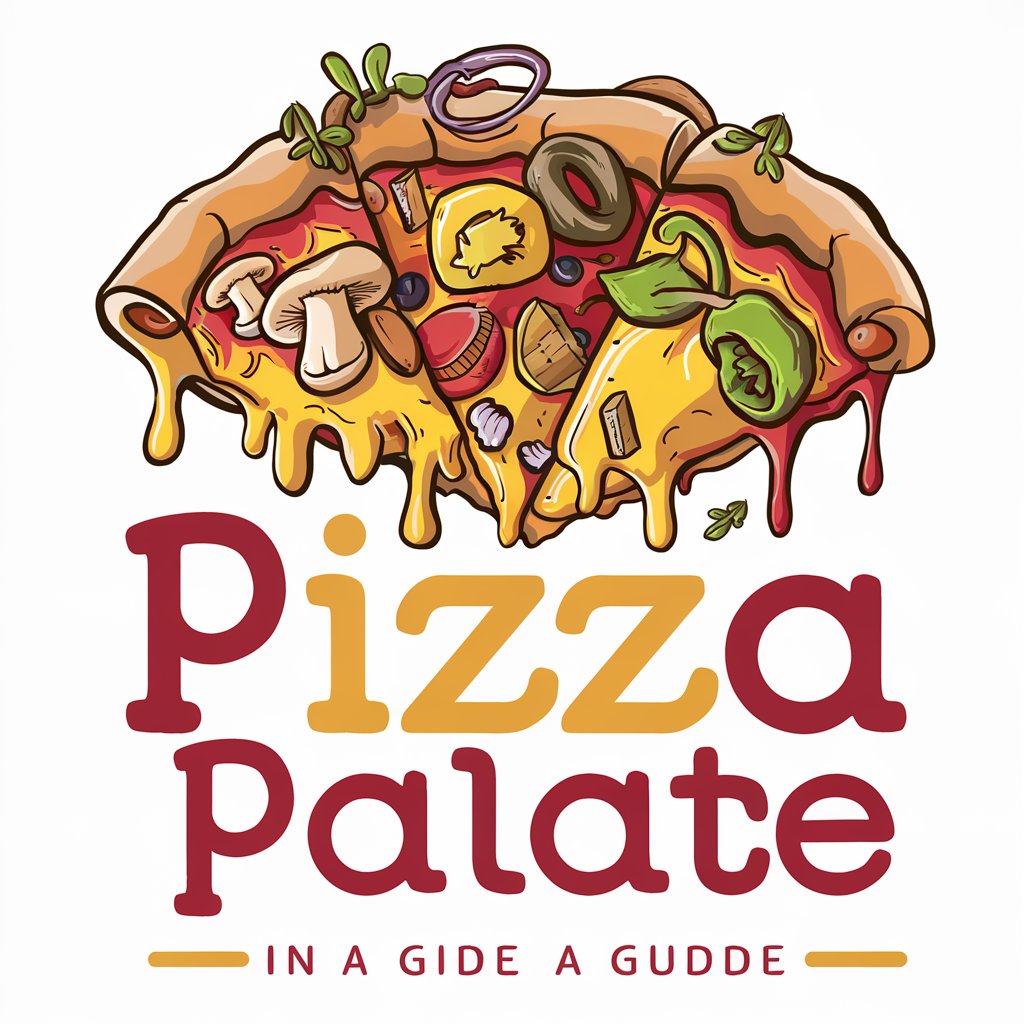
Flavoring
Elevate Your Cooking with AI-Powered Flavoring Insights
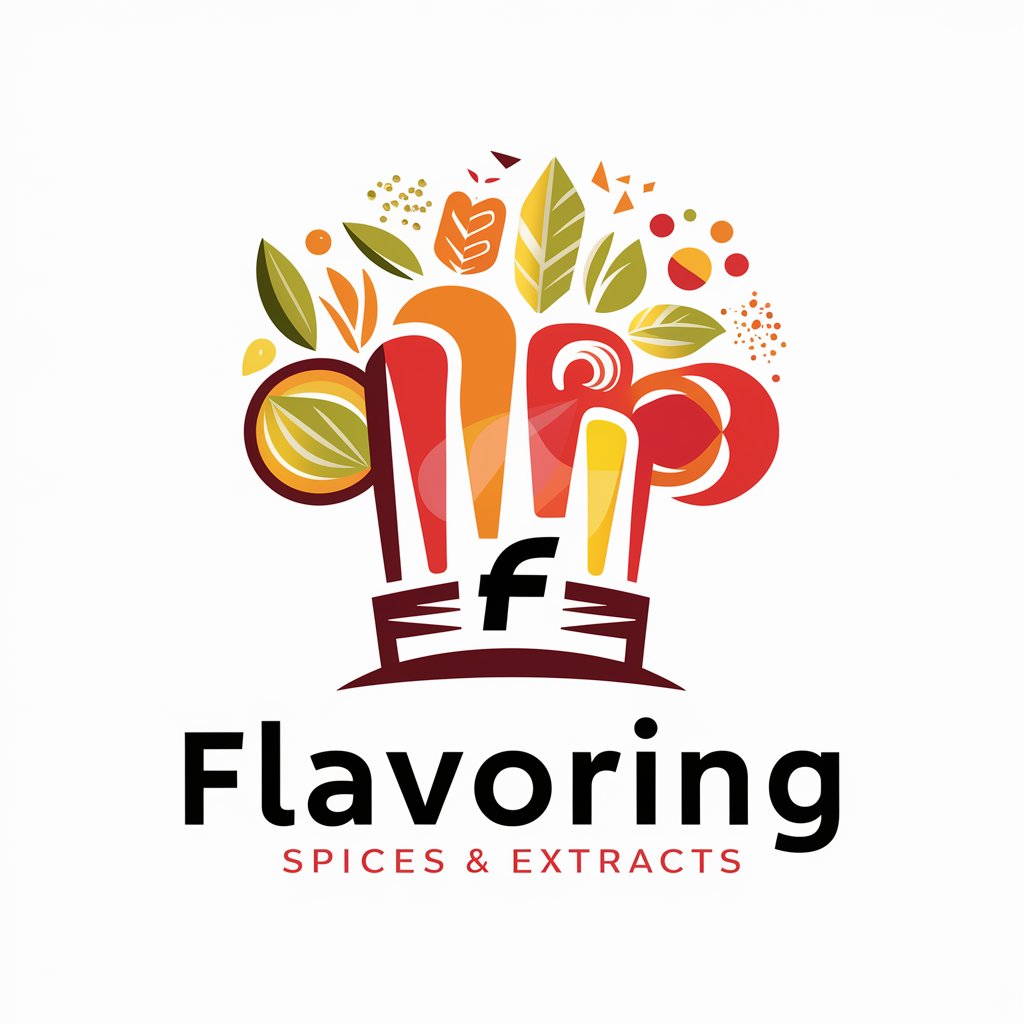
At Home Bartender
Craft cocktails, powered by AI

🌿 Kombucha BrewMaster Bot 🍵
Craft Perfect Kombucha with AI

Potions Master
Brew magic with AI-powered mixology

Flavor Fusion Artist
Discover Culinary Magic with AI
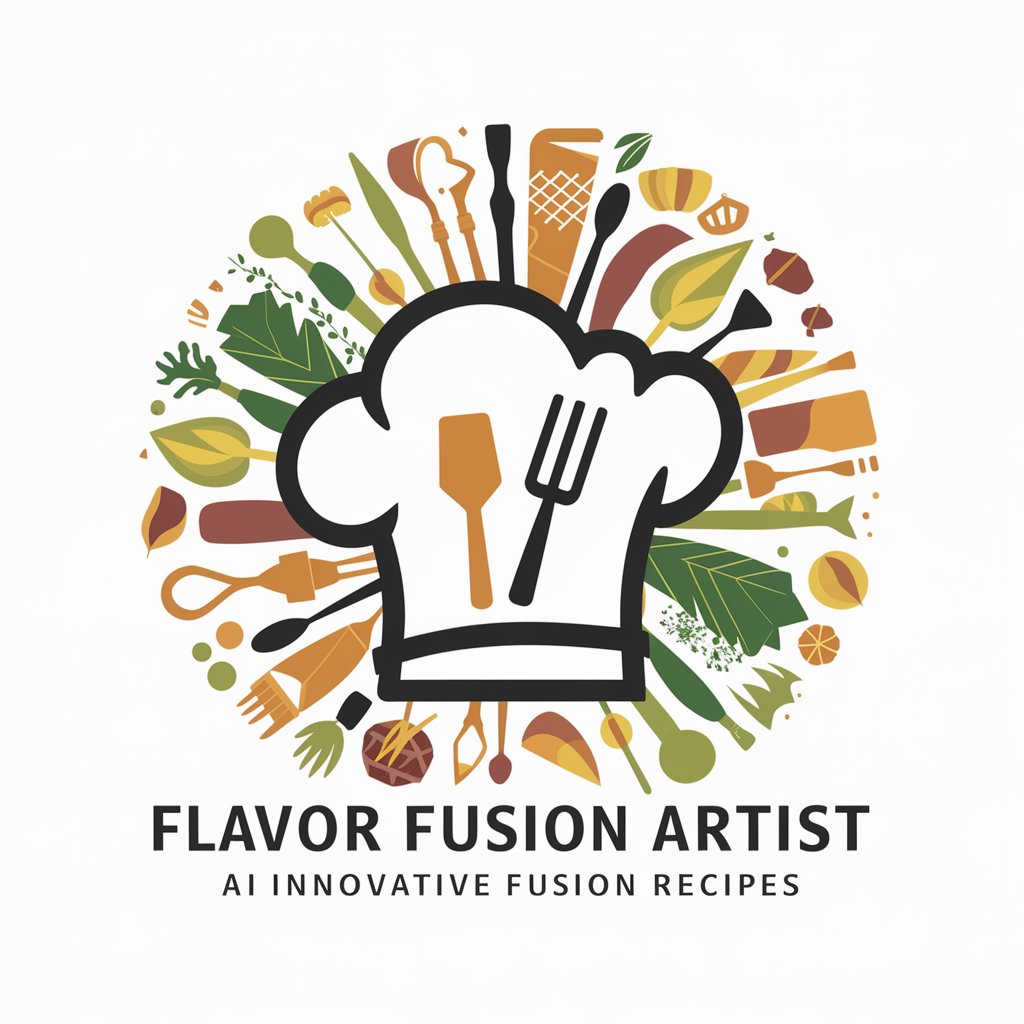
Key Attributes of Flavor Experimentation AI
AI GPTs for Flavor Experimentation stand out due to their adaptability and multifunctional capabilities. They excel in tasks ranging from generating innovative flavor combinations to predicting consumer preferences and analyzing sensory feedback. Key features include advanced language understanding for interpreting complex flavor descriptors, data analysis for trend prediction, and the ability to integrate with sensory evaluation technologies. These tools are distinguished by their ability to learn from a broad spectrum of flavor-related data, making them invaluable for pushing the boundaries of flavor science.
Who Benefits from Flavor AI Tools
The primary beneficiaries of AI GPTs for Flavor Experimentation are culinary professionals, food scientists, and product developers seeking innovative flavor solutions. Additionally, these tools are accessible to novices in the culinary field, offering user-friendly interfaces that do not require coding knowledge. For those with programming expertise, the tools provide customization options, allowing for more specialized applications and integration into existing product development workflows.
Try Our other AI GPTs tools for Free
Personalized Mixes
Discover AI GPTs for Personalized Mixes: Tailoring unique experiences with advanced AI technology, designed for both novices and professionals seeking customizable solutions.
Shisha Enthusiasts
Discover how AI GPTs for Shisha Enthusiasts revolutionize the shisha experience with personalized advice, flavor recommendations, and trend insights. Perfect for beginners and experts alike.
Unique Combinations
Discover how AI GPTs tailored for Unique Combinations can revolutionize your approach to generating novel solutions. These tools offer unparalleled adaptability, from creative content generation to complex data analysis.
Commercial Application
Discover how AI GPTs for Commercial Application can transform your business operations with tailored, efficient, and innovative AI-powered solutions.
Seasonal Cooking
Discover the future of cooking with AI GPTs for Seasonal Cooking. These innovative tools offer personalized recipes, meal planning, and culinary advice tailored to the freshest seasonal ingredients, revolutionizing the way we cook and eat.
Healthful Eating
Discover how AI GPTs for Healthful Eating can transform your diet with personalized advice, meal planning, and nutritional insights tailored to your health goals.
Expanding Horizons with Flavor AI
AI GPTs for Flavor Experimentation not only streamline the development of new flavors but also offer a platform for innovation across industries. Their integration into existing workflows and systems underscores their versatility. With user-friendly interfaces, these tools are democratizing flavor innovation, enabling professionals and novices alike to explore the frontiers of taste and scent.
Frequently Asked Questions
What exactly are AI GPTs for Flavor Experimentation?
They are specialized AI models designed to assist in the development, analysis, and optimization of flavors for the food and beverage industry.
How can these AI tools improve flavor development?
By analyzing vast datasets, these tools can identify emerging flavor trends, suggest novel ingredient combinations, and optimize product formulations for targeted consumer preferences.
Are these tools suitable for beginners?
Yes, they are designed with user-friendly interfaces that require no prior coding experience, making them accessible to beginners.
Can developers customize these AI tools?
Yes, developers can customize the tools for specific tasks or integrate them into existing systems using their programming skills.
What makes these AI tools unique for flavor experimentation?
Their ability to process and learn from flavor-related data, predict trends, and generate innovative flavor profiles sets them apart.
How do these tools handle sensory feedback?
They can integrate with sensory evaluation technologies to analyze consumer feedback and refine flavor profiles accordingly.
Can these AI models predict future flavor trends?
Yes, by analyzing current data and patterns, they can predict upcoming trends in consumer flavor preferences.
Is it possible to use these tools for non-food applications?
While primarily designed for the food and beverage industry, the underlying technology can be adapted for other sectors requiring flavor or scent analysis.